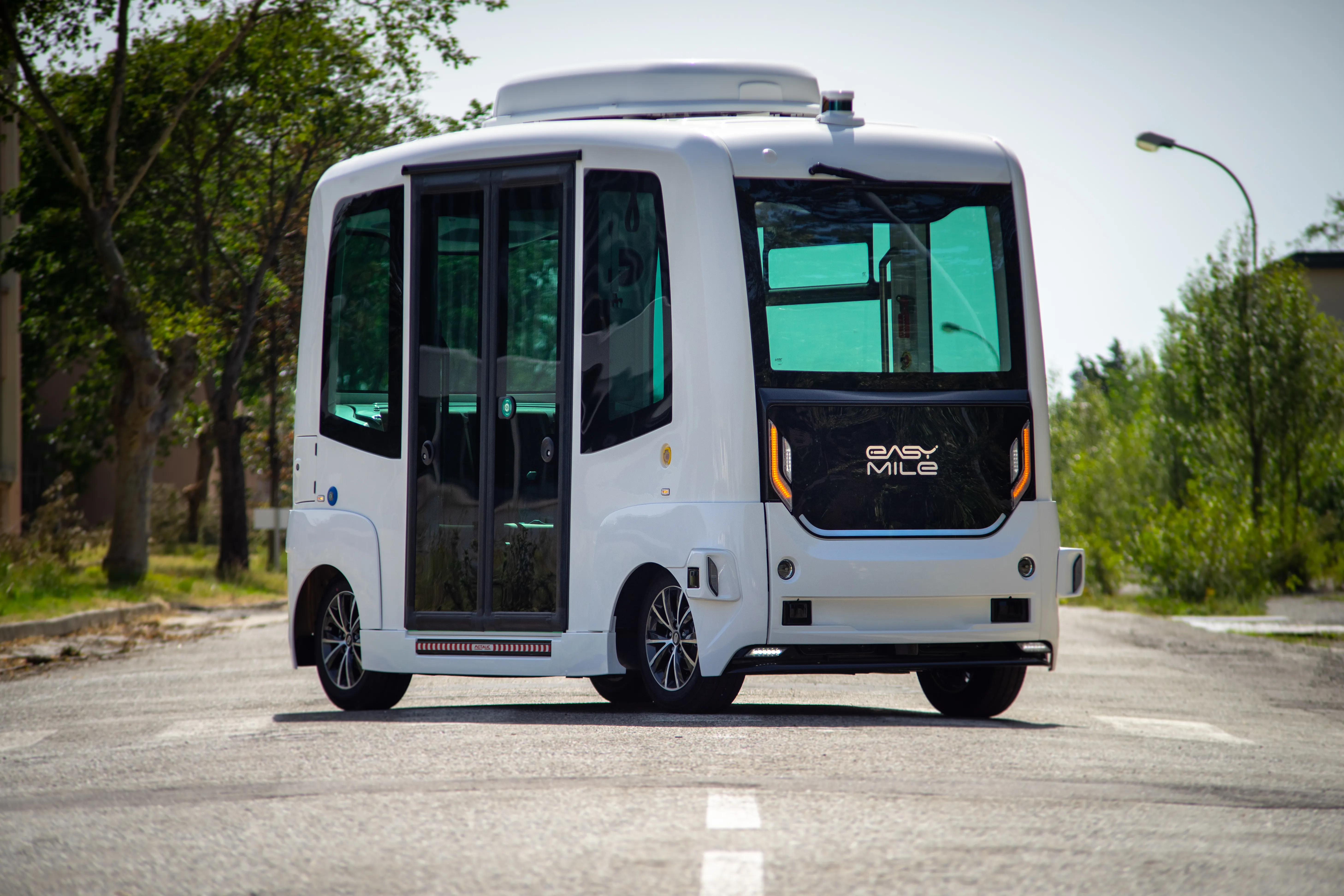Samsung's self-driving car is a
Samsung plans to develop top-of-the-line sensors and computer modules backed by artificial intelligence and deep-learning technologies to improve cars' self-driving capabilities even in challenging weather conditions.
In November 2016, the company bought US firm
The ministry said it has been seeking to ease regulations on self-driving cars to bolster industry growth and has reduced the number of mandatory passengers of such cars to one from the previous two. It has also paved the way for the production of cars without steering wheels or pedals.
Samsung to test self-driving cars in South Korea
South Korea's Ministry of Land, Infrastructure and Transport has approved testing of Samsung’s self-driving car on the country’s roads, according to the YonHap news agency. Samsung's self-driving car is a Hyundai vehicle equipped with cameras and sensors. Samsung plans to develop top-of-the-line sensors and computer modules backed by artificial intelligence and deep-learning technologies to improve cars' self-driving capabilities even in challenging weather conditions. In November 2016, the company bought U
May 2, 2017
Read time: 2 mins
South Korea's Ministry of Land, Infrastructure and Transport has approved testing of 1809 Samsung’s self-driving car on the country’s roads, according to the YonHap news agency.









